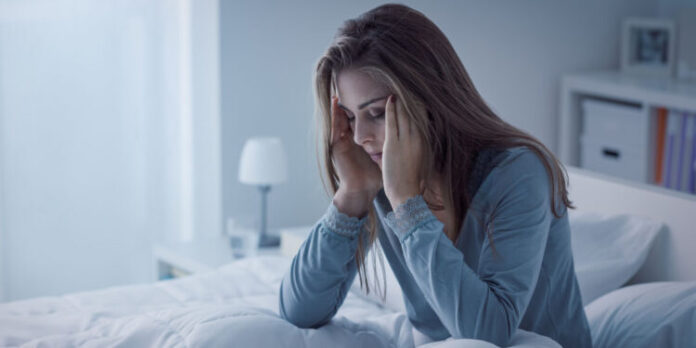A recent study suggests that children who suffer emotional abuse go on to experience increased insomnia, and in turn, more alcohol-related problems during adulthood. The researchers behind the study suggest that addressing childhood trauma may be one avenue of treatment for dysregulated drinking. The findings were published in the journal Addictive Behaviors Reports.
People who suffer from trauma often experience sleep disturbances. The Hyperarousal Theory says this is because trauma activates the body’s fight-or-flight response, which triggers the hypothalamic-pituitary-adrenal (HPA) axis and sympathetic nervous system and interferes with sleep quality.
In turn, there appears to be a connection between insomnia and alcohol-related problems. For example, there is some evidence that insomnia makes people more susceptible to the negative repercussions of alcohol. Study authors Julie Patock-Peckham and her colleagues wondered whether insomnia brought on by childhood trauma might contribute to problematic drinking in later life.

